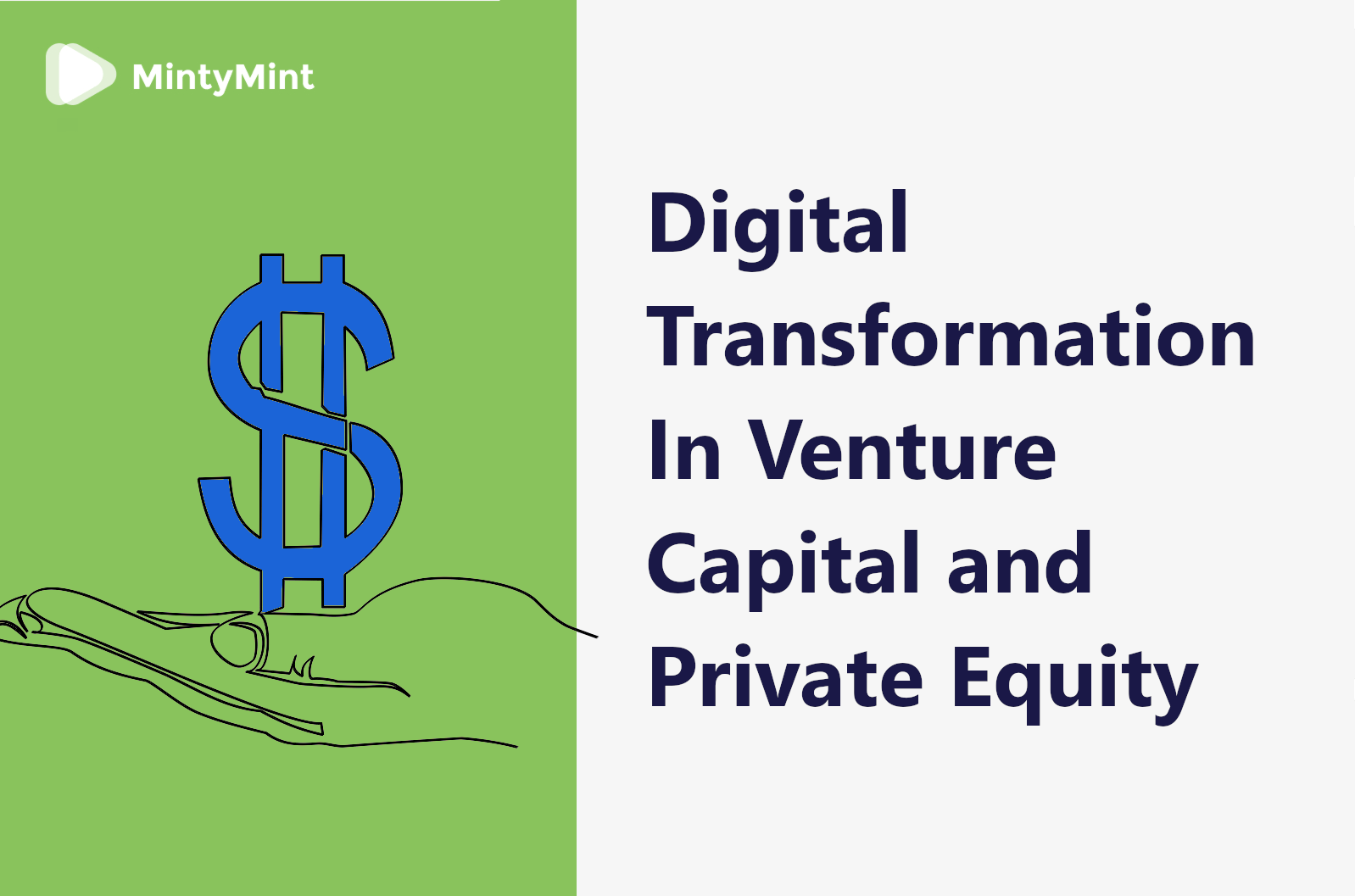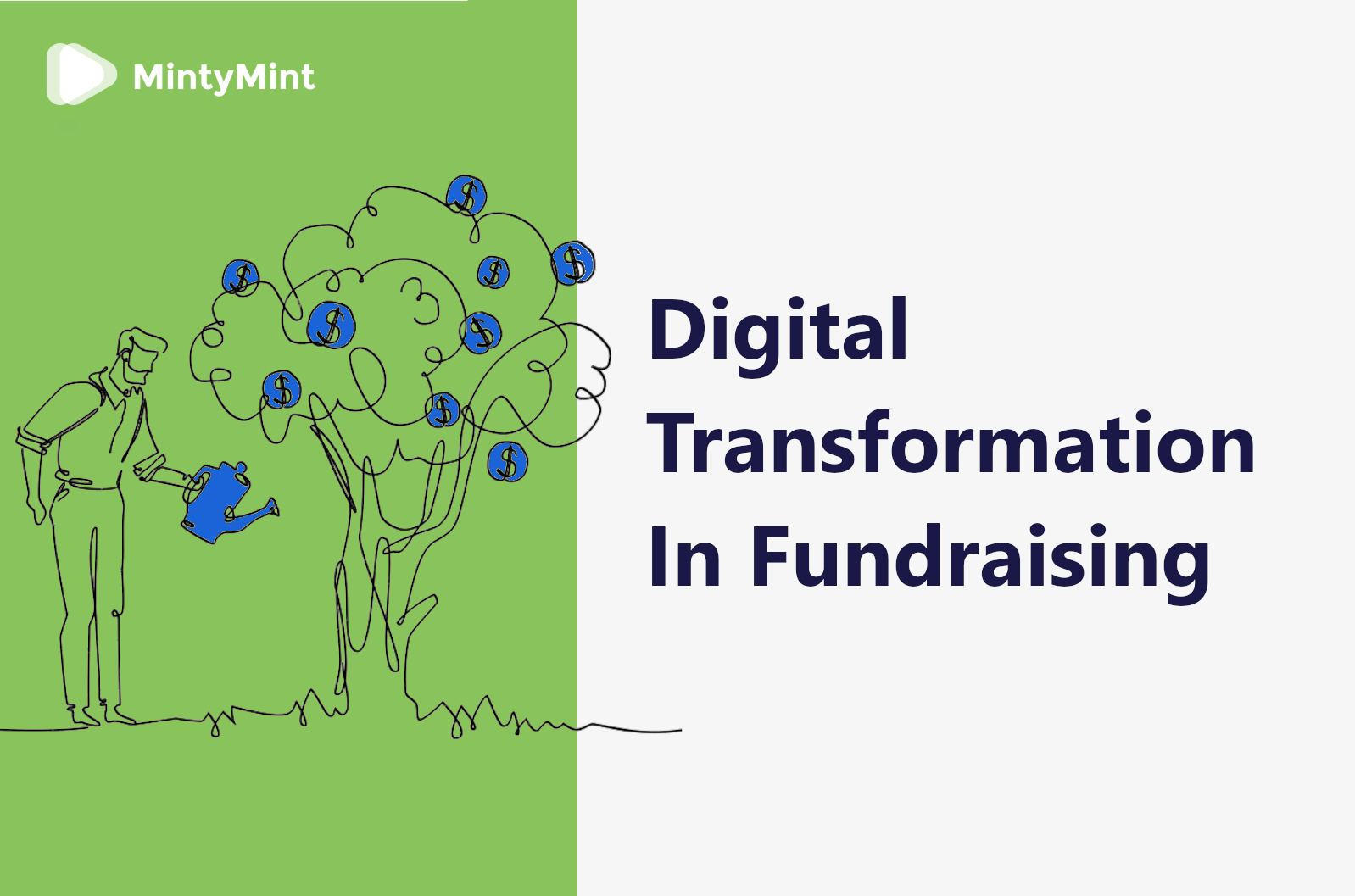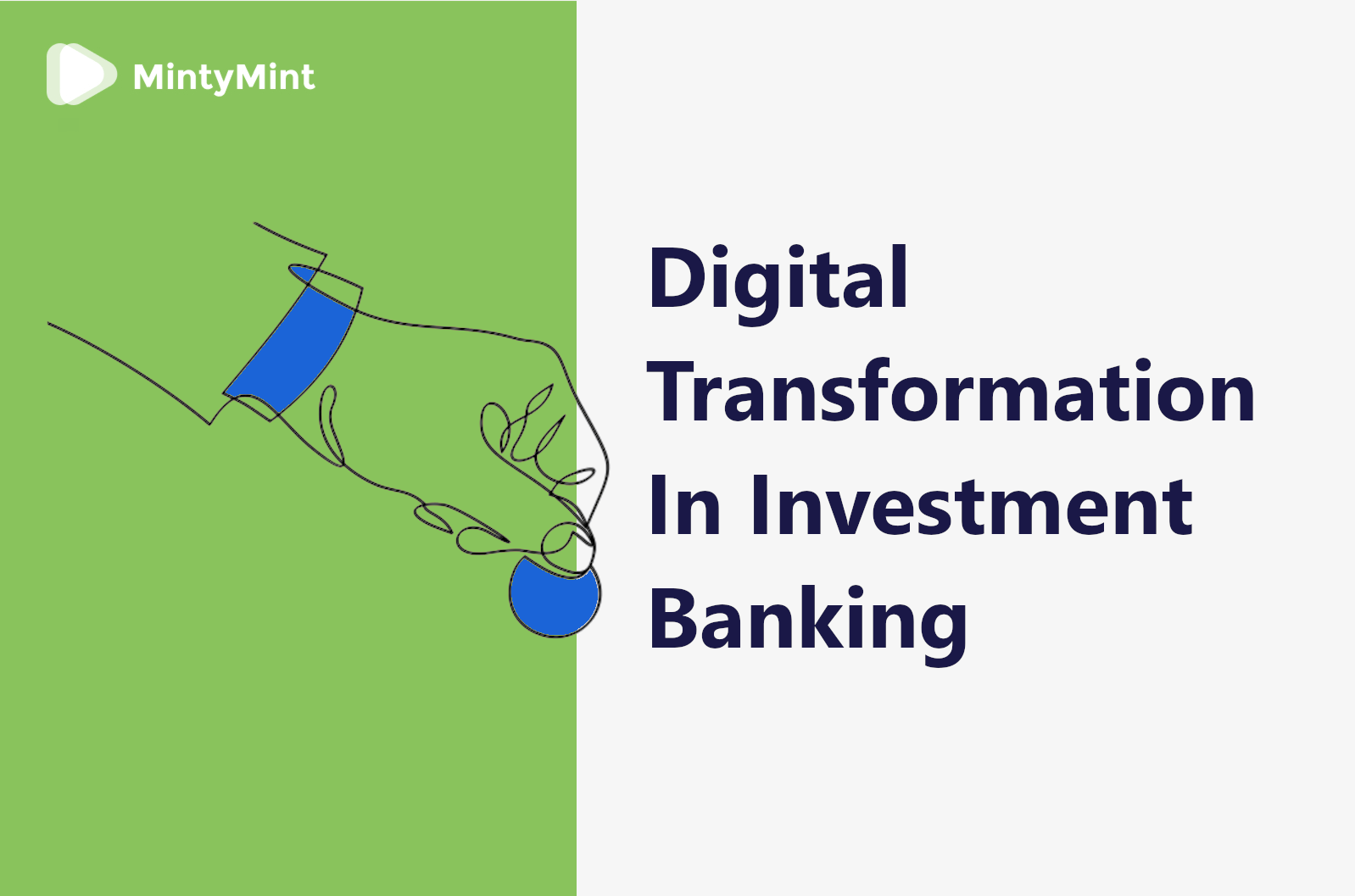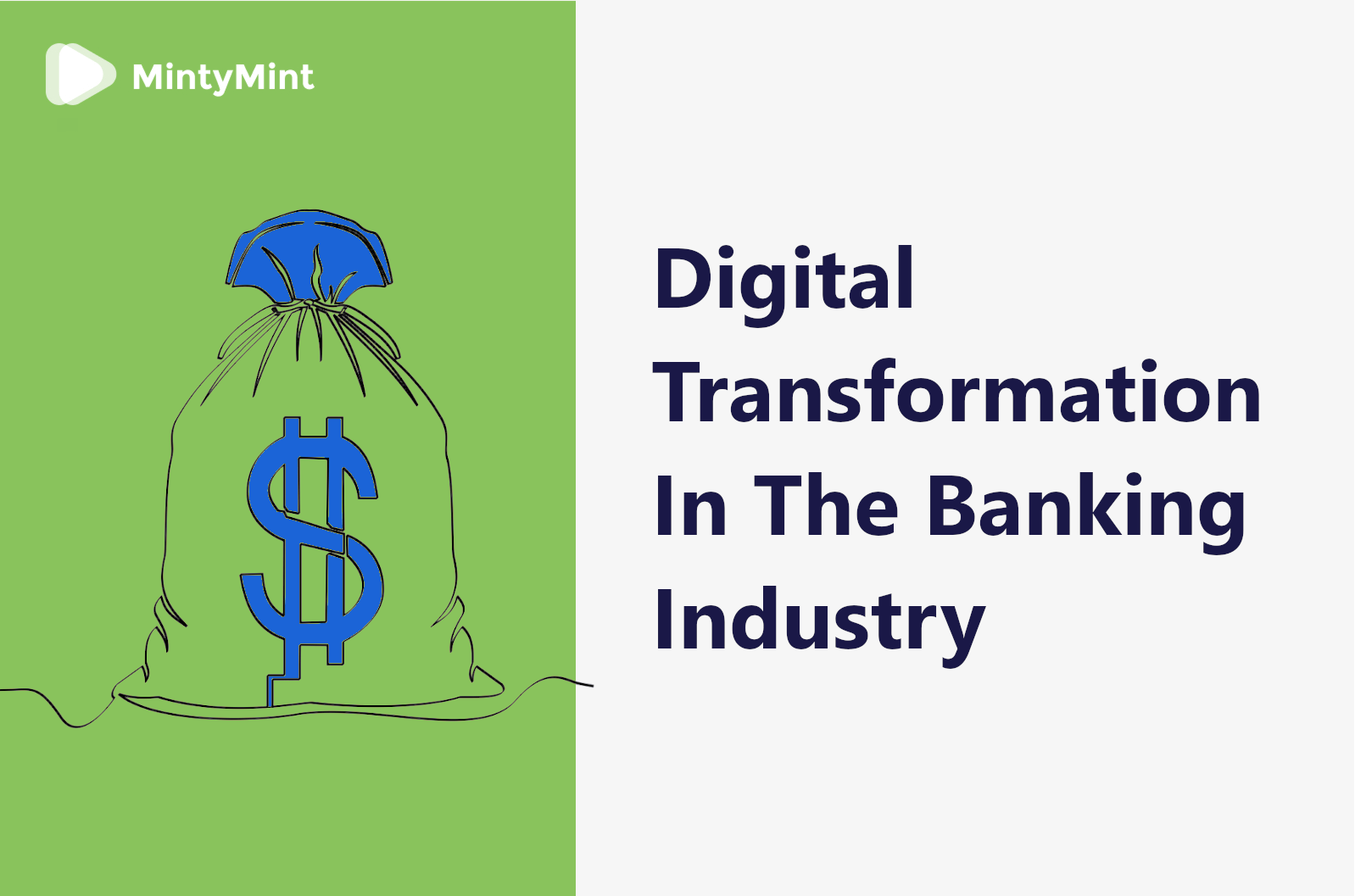Just like many other traditional industries, education has been shifting to a digital-first dimension for quite a while. Seemingly approaching its pinnacle since COVID, digital transformation in the education industry is only picking up speed right now, and we can watch an actual e-learning revolution happen right in front of our eyes.
How big is the progress so far and what opportunities are there in the e-learning niche? Let’s find it out.
Accelerated online learning
In April 2020, almost 90% of enrolled students around the world were affected by quarantines. Nationwide closure of schools was recorded across almost 200 countries, affecting about 1.6 billion people – a staggering audience to think about when we talk about digital transformation in the education industry.
Here’s a map to grasp the scale of the COVID impact on the global education system:

*by Ourworldindata
This year’s contact limitations didn’t allow many options for schools but to rethink the standard model of knowledge distribution and adapt to the challenges of the new world. Remote schooling has become the new norm on all levels – from early education and tutoring to higher education, professional growth courses, and non-academic training.
Naturally, such a great demand requires a lot more than an outstanding supply of hardware. This is less of a problem since most households and learning facilities in the developed countries have access to a wide range of tech. The real challenge is to develop appropriate software tools allowing schools and students to fulfill regular activities without sacrificing education quality.
The e-learning revolution
Speaking about the types of digital solutions helping students learn at distance – the list is virtually bottomless.
Right now we’re seeing major efforts at improving web classes, automating student and work assessment, and digitalizing course materials via smart textbooks, rich video content, slide show presentations, and much more. In this regard, Kognity and Lix Technologies are two startups leading the race at the moment.
Secondly, improving general education accessibility and support within the sector, especially for college and university students, is another major focus point right now, with Graduway and Teacherly delivering some great results already.
Various administrative tools for conducting the educational process online are also being developed lately. They include digitalized school payments and fee collection software, student attendance tracking, and education monitoring applications. And don’t forget about language adaptation and designing a new learning model for students with limited abilities.
Meanwhile, the task of digitalizing is rather simplified for adult and post-degree learning – where online courses have already been adopted well before the pandemic.
All this being the case, digital learning remains unsaturated product-wise, as the demand for niche solutions exceeds the current market supply.
Edtech investments and initiatives
Given the timing of COVID and further uncertainty about quarantines and travel restrictions – entrepreneurs see a high time to put both their time and resources into the development of edtech businesses and startups.
In fact, experts predict edtech investments to reach $7.5T in 2020, growing an estimated 15% in a single year, and over 4 times since 2014.

Right now, the UK remains the largest hub when it comes to digital transformation in the education industry, receiving almost 40% of Europe’s investments in the sector.
Speaking of which…
While businesses are the main drivers of progress in edTech adoption, governments also play a part in the process. In this regard, Estonia’s legislators show a good example by not only supporting internal edtech market but freely sharing the developed tools and technologies with the rest of the world.
Notably, a lot of digital education initiatives are occurring in third-world countries, where the pandemic has hit the already crisis-affected regions.
Like that, international humanitarian organizations and private foundations are backing versatile tech solutions in cooperation with ministries of education. Right now they are helping students and families in places like Sudan, Uganda, Lebanon, Jordan, Chad, Bangladesh, as well as Kenya, and multiple African countries access affordable education and continue learning.
To get a glimpse of the variety of current edtech projects, check EdTechHub’s list of the most relevant startups in the sector.
Final word
The global education system is undergoing a major transformation on all levels. Both schools and universities, as well as non-academic educational institutions, are switching to a digital-first approach. This means an increased demand for niche software development and technology maintenance.
Online learning is becoming the new norm, and the trend does not seem to be reversing anytime soon. Therefore, investing in custom e-learning solutions is decisively a winning business move right now.
Need help or have questions regarding digital opportunities in the education sector? Contact our team to discuss it!



















